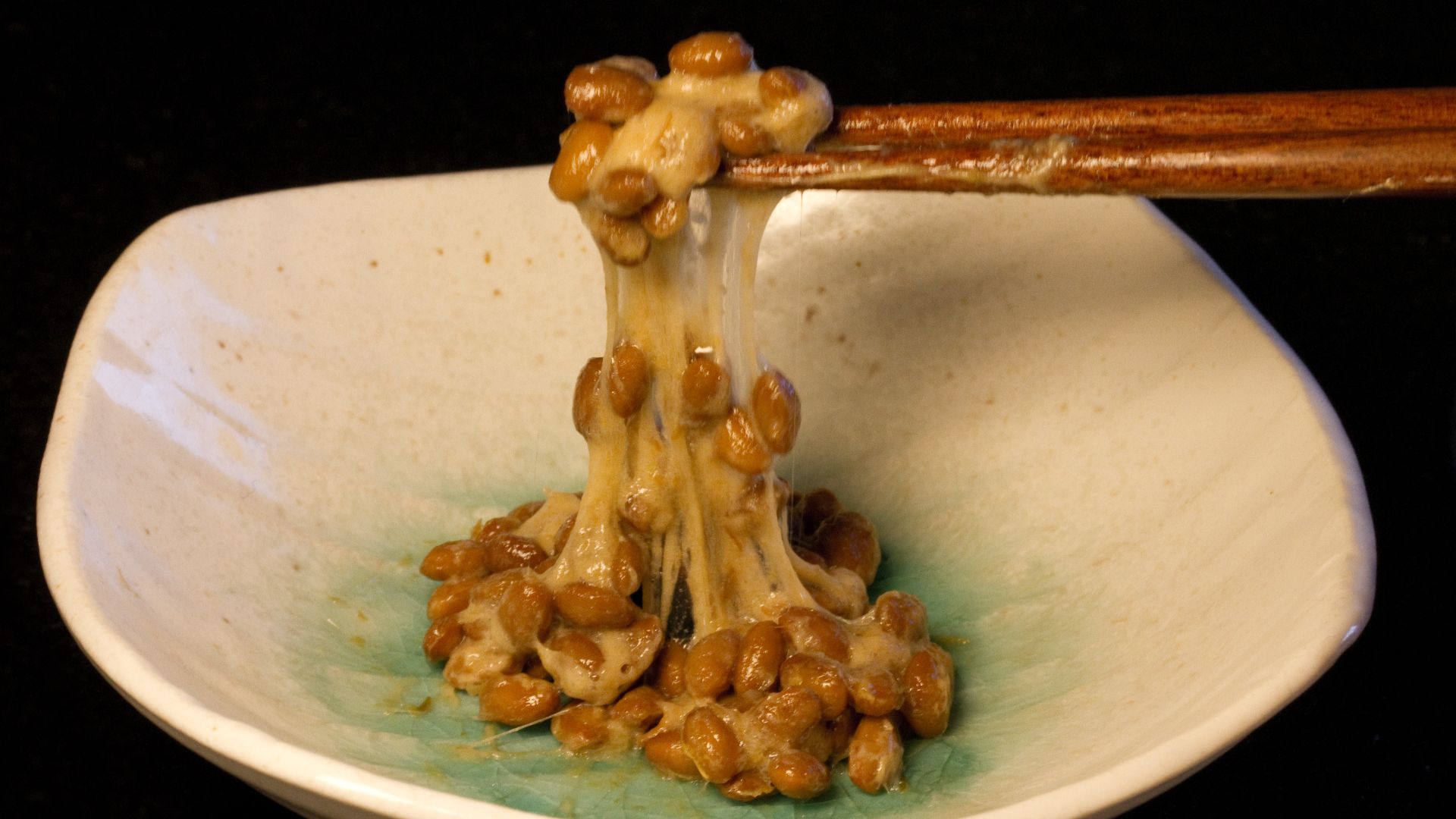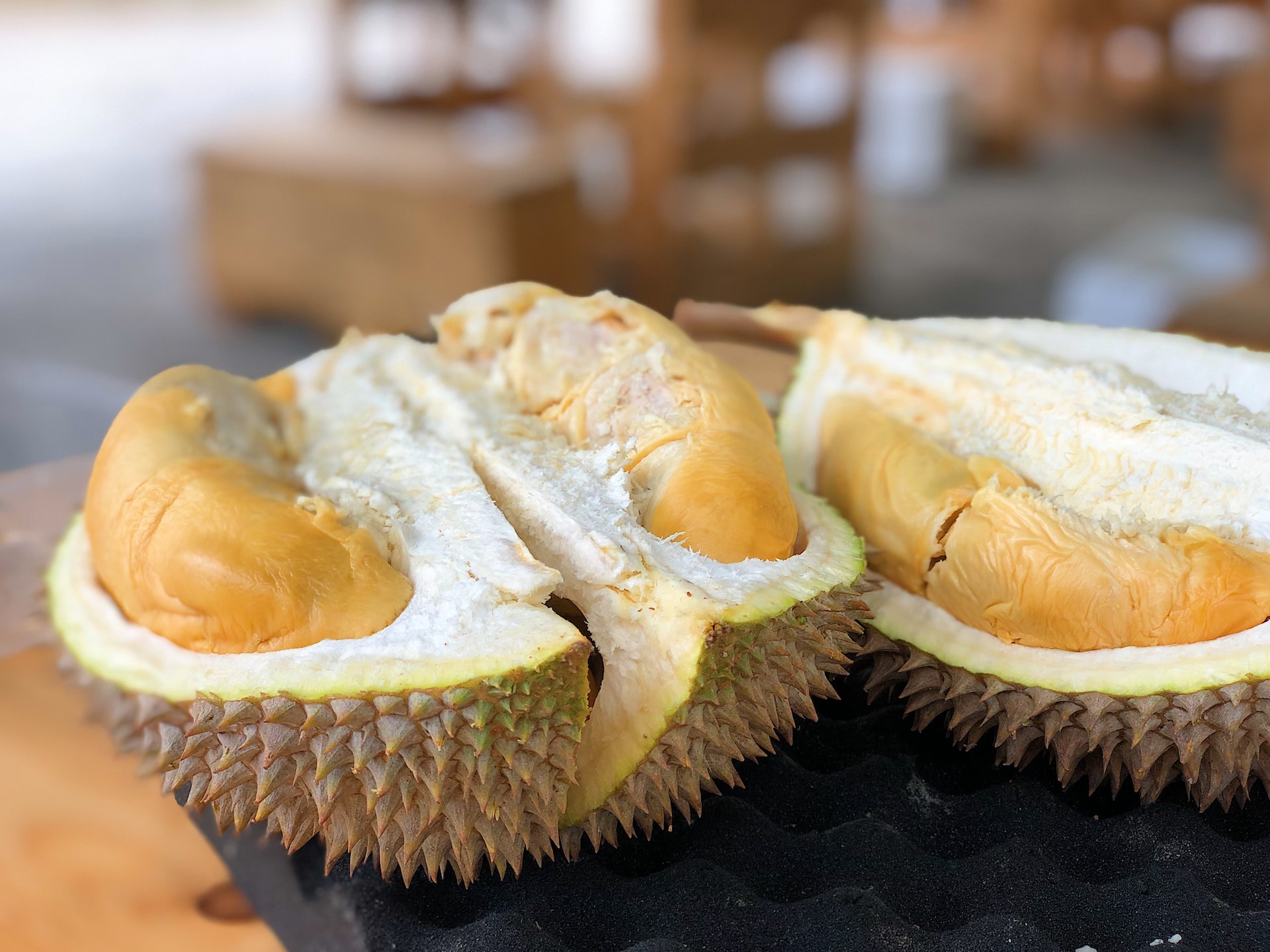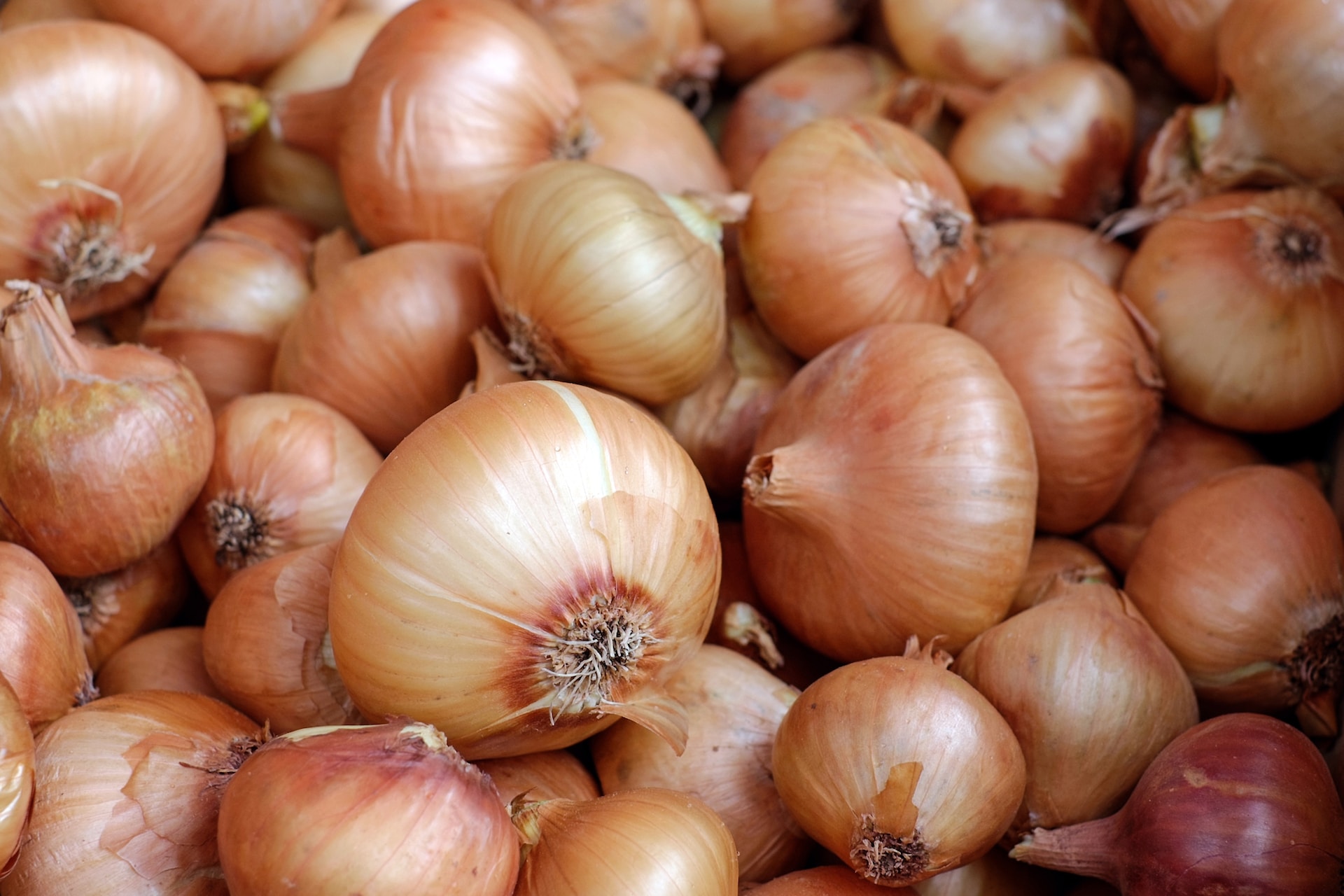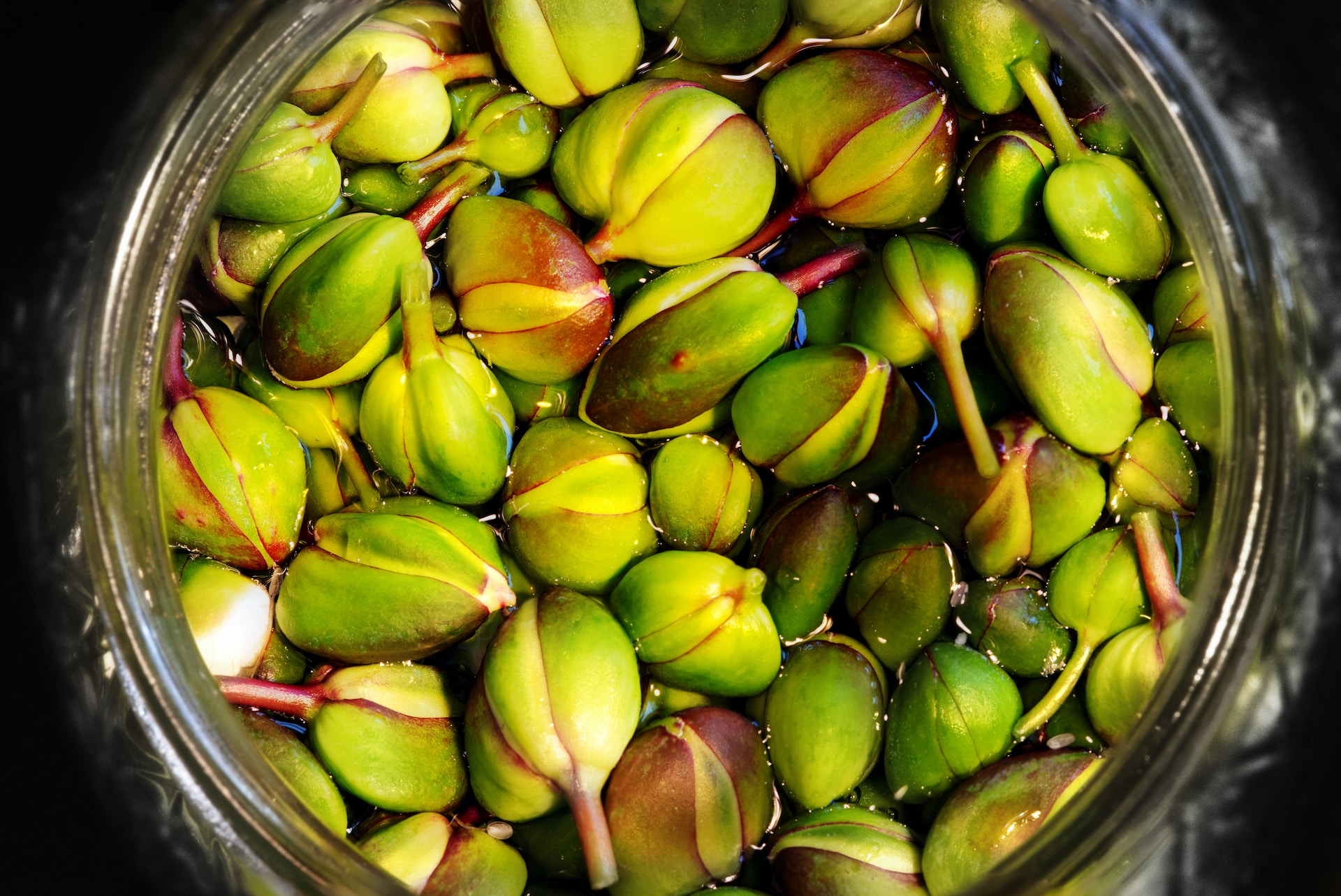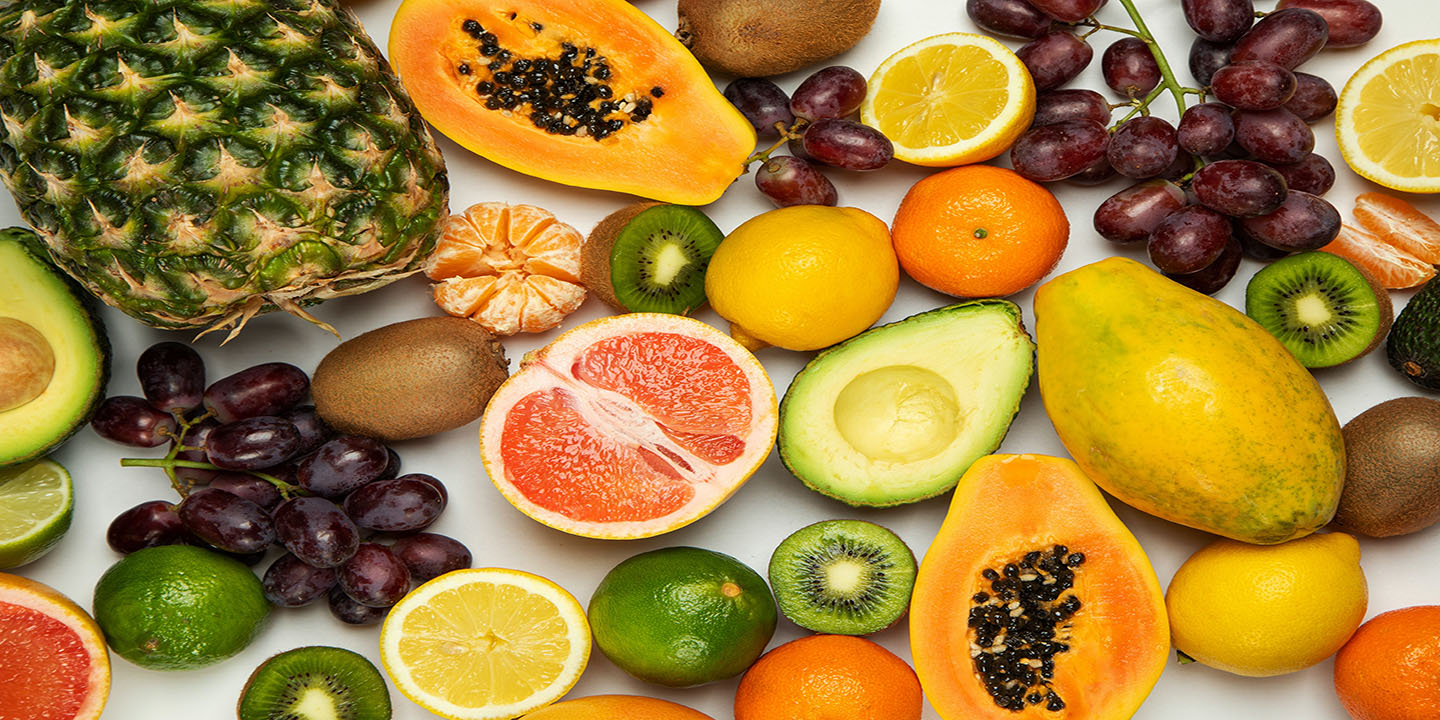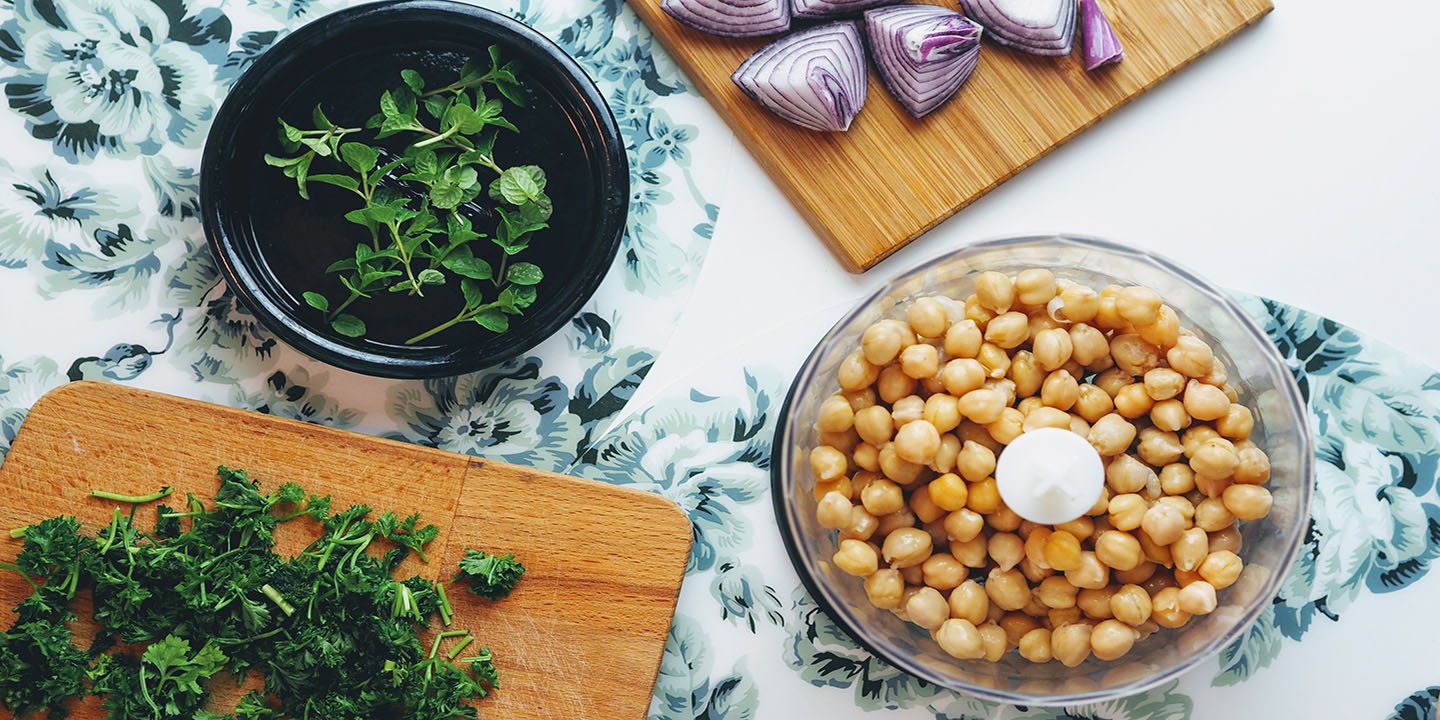Not All Food Tastes The Same
When you think of food, you're probably thinking about your favorites like pizza, pasta, or cake. But what about the ones you hate? What are some foods out there that you absolutely despise and refuse to put in your mouth? Well, seems like there's a general consensus around the world because below, you'll find the top 40 most commonly hated foods.
1. Durian
Often referred to as the "king of fruits," Durian's notorious reputation comes from its pungent smell, which many liken to rotten onions or sewage. However, its creamy texture and sweet taste have a dedicated following in Southeast Asia.
2. Natto
A traditional Japanese dish, Natto is made from fermented soybeans. It's known for its strong smell, slimy texture, and unique flavor, which can be quite off-putting to those not accustomed to it.
 Photo by Seiya Maeda on Unsplash
Photo by Seiya Maeda on Unsplash
3. Century Eggs
These eggs, preserved for several weeks to several months in a mixture of clay, ash, and quicklime, develop a dark color and a strong odor. They are a delicacy in China but can be quite challenging for the uninitiated.
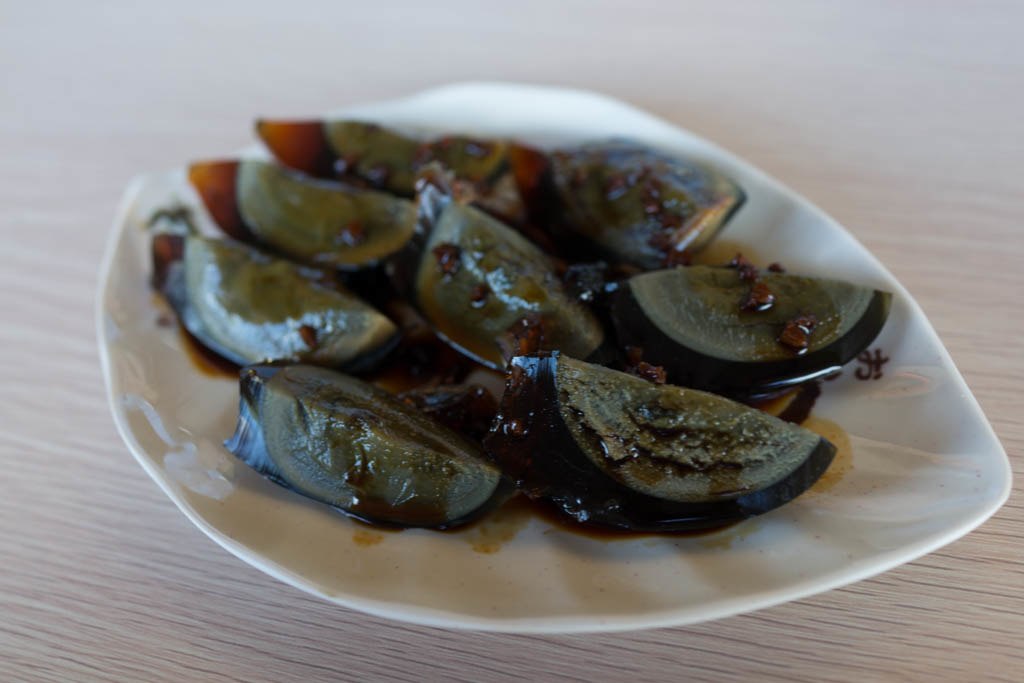 Charles Haynes on Wikimedia Commons
Charles Haynes on Wikimedia Commons
4. Lutefisk
This Nordic dish is made from aged whitefish and lye. It's known for its gelatinous texture and strong, somewhat soapy taste, which many find unpalatable.
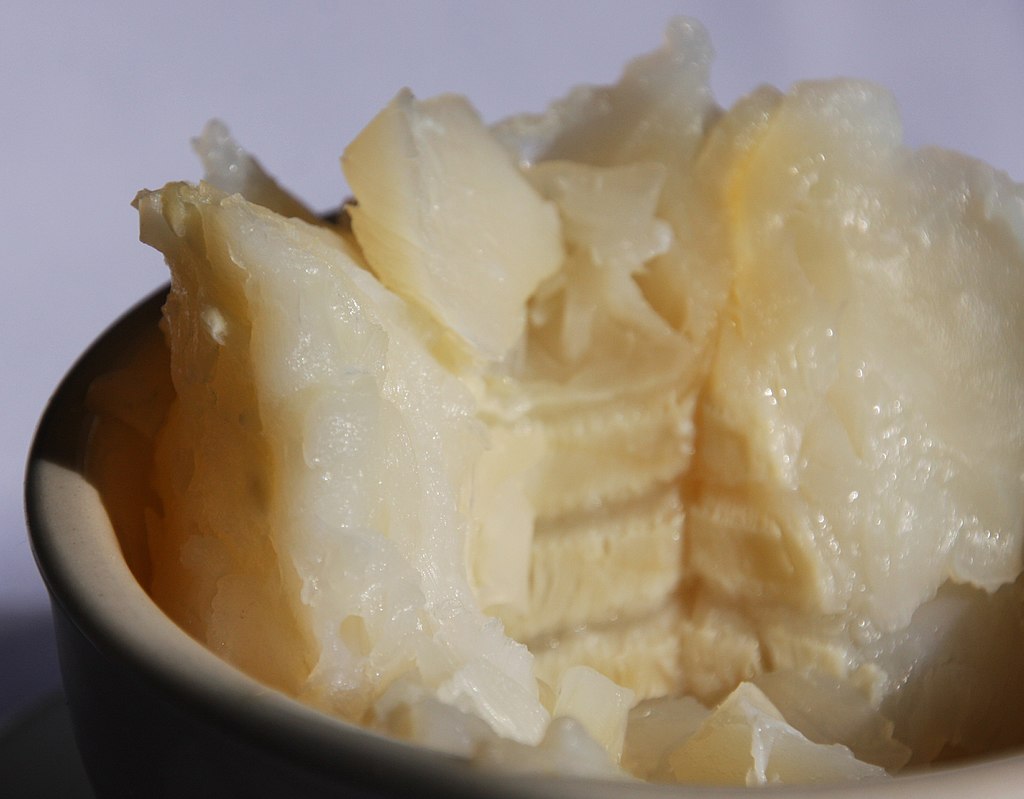 Jonathunder on Wikimedia Commons
Jonathunder on Wikimedia Commons
5. Licorice
Licorice, particularly black licorice, has a distinct, strong flavor derived from the root of the licorice plant. Its taste is often described as bitter and medicinal, making it a divisive candy choice.
6. Cilantro
Cilantro, a common herb in many cuisines, has a fresh, lemony taste to some, but to others, it tastes like soap. This love-hate relationship with cilantro is actually linked to genetics.
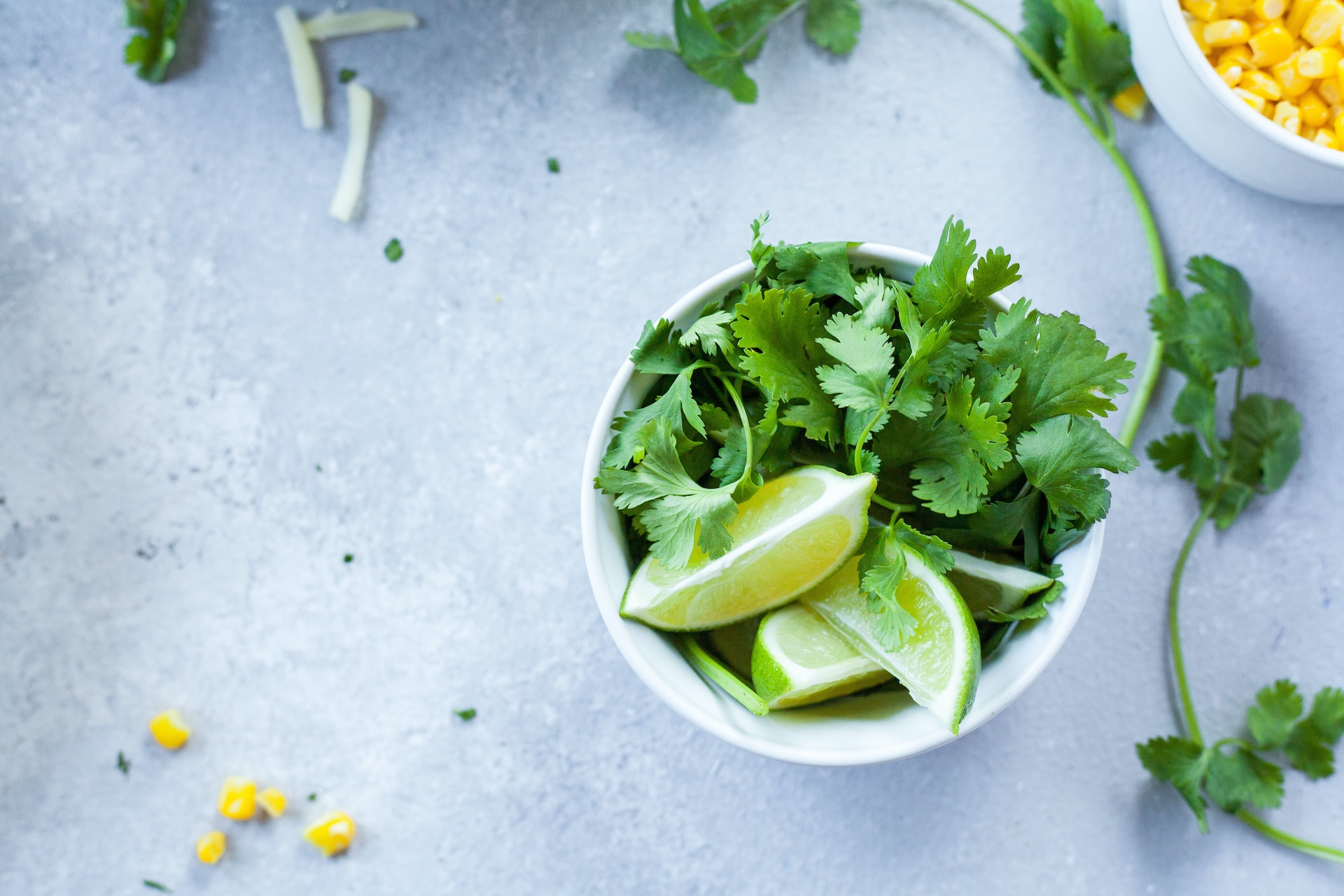 Photo by Lindsay Moe on Unsplash
Photo by Lindsay Moe on Unsplash
7. Blue Cheese
Known for its strong smell and moldy appearance, blue cheese can be quite polarizing. Its sharp and salty flavor is cherished by some, while others find it overpowering.
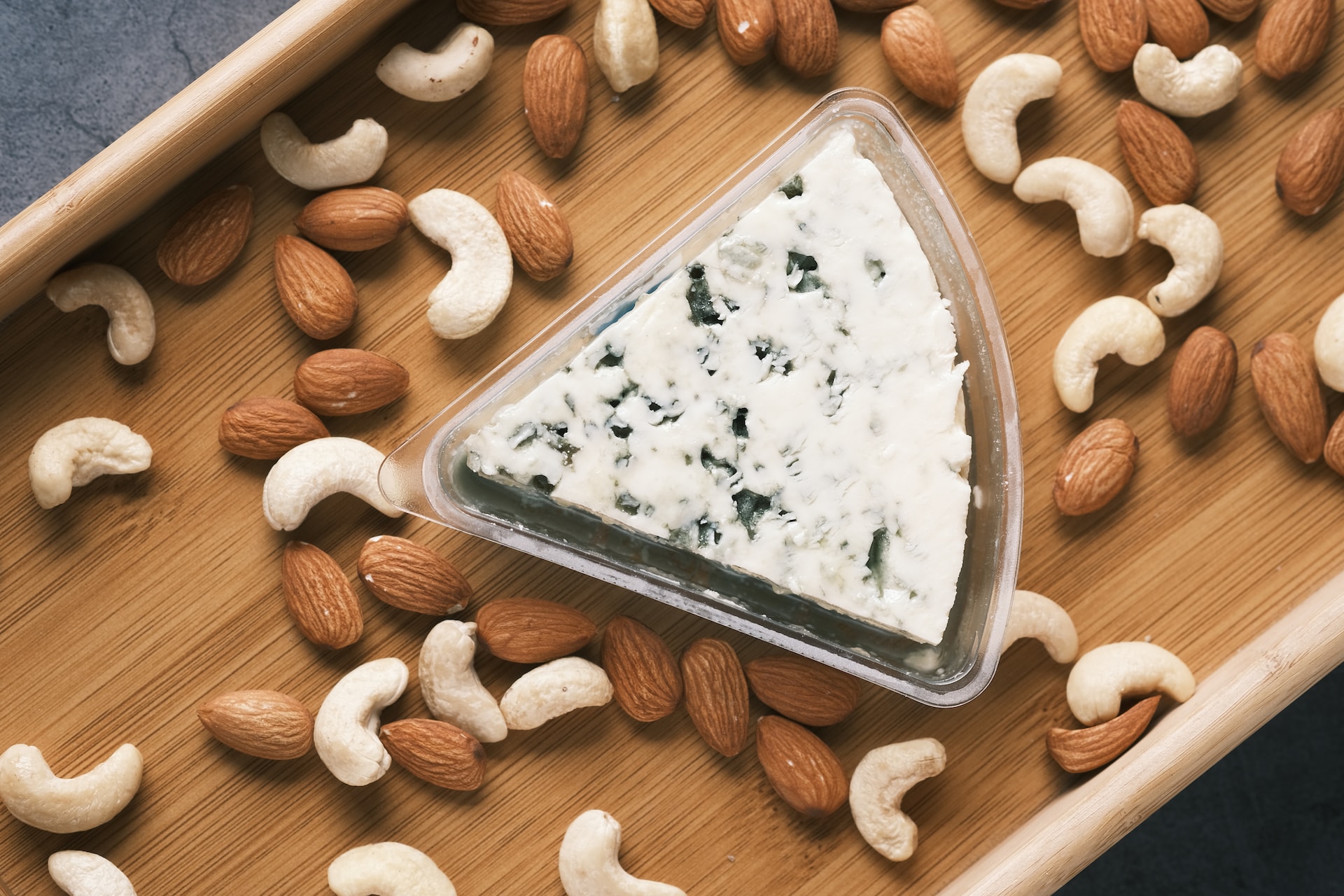 Photo by Towfiqu barbhuiya on Unsplash
Photo by Towfiqu barbhuiya on Unsplash
8. Marmite
A spread made from yeast extract, Marmite is famous for its slogan, "Love it or hate it." Its very salty and umami flavor can be overwhelming for many.
 Photo by Brett Jordan on Unsplash
Photo by Brett Jordan on Unsplash
9. Brussels Sprouts
While these little green vegetables have gained more popularity in recent years, their bitter taste and sometimes sulfurous smell when overcooked still turn many people away.
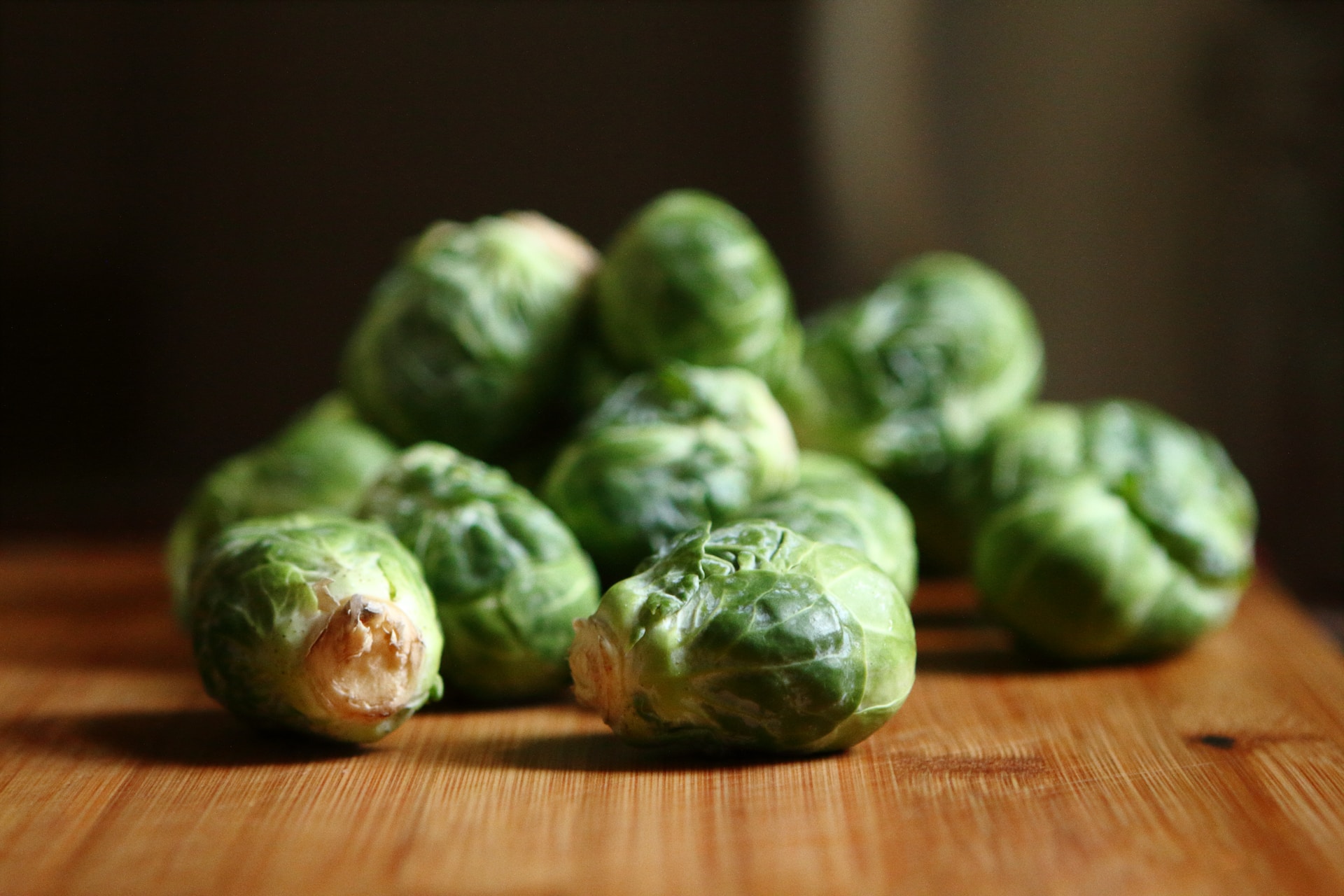 Photo by Keenan Loo on Unsplash
Photo by Keenan Loo on Unsplash
10. Hákarl
An Icelandic delicacy, Hákarl is made from fermented shark. It's known for its ammonia-rich smell and strong fishy taste, often described as an acquired taste.
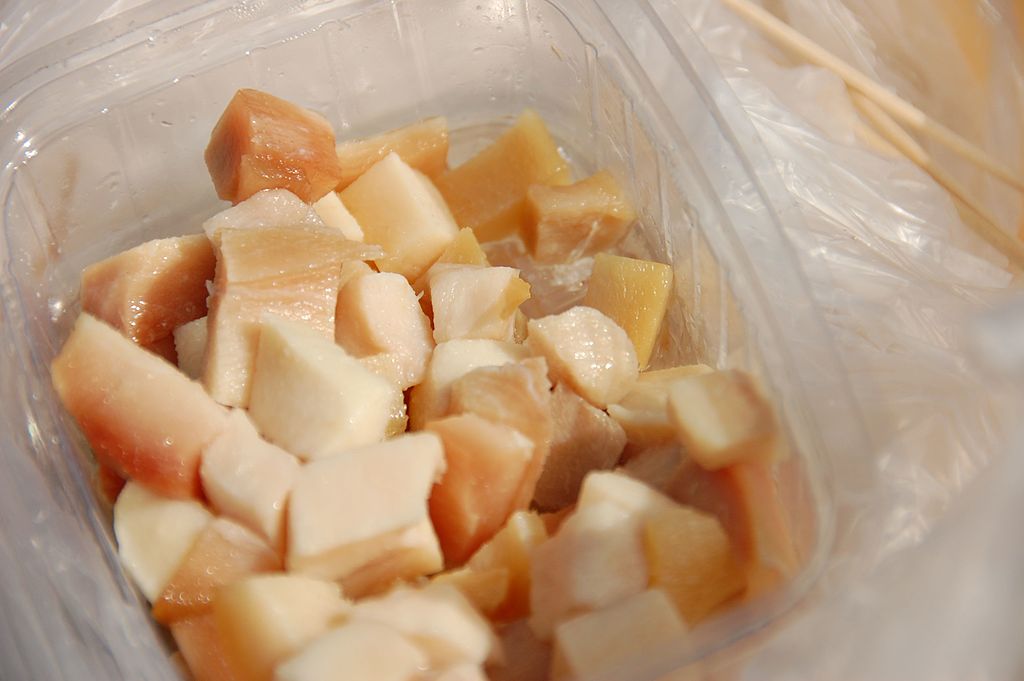 Audrey from Seattle, USA on Wikimedia Commons
Audrey from Seattle, USA on Wikimedia Commons
11. Balut
A street food delicacy in the Philippines, Balut is a fertilized duck egg with a partially developed embryo inside. The combination of textures and flavors can be daunting for the unaccustomed palate.
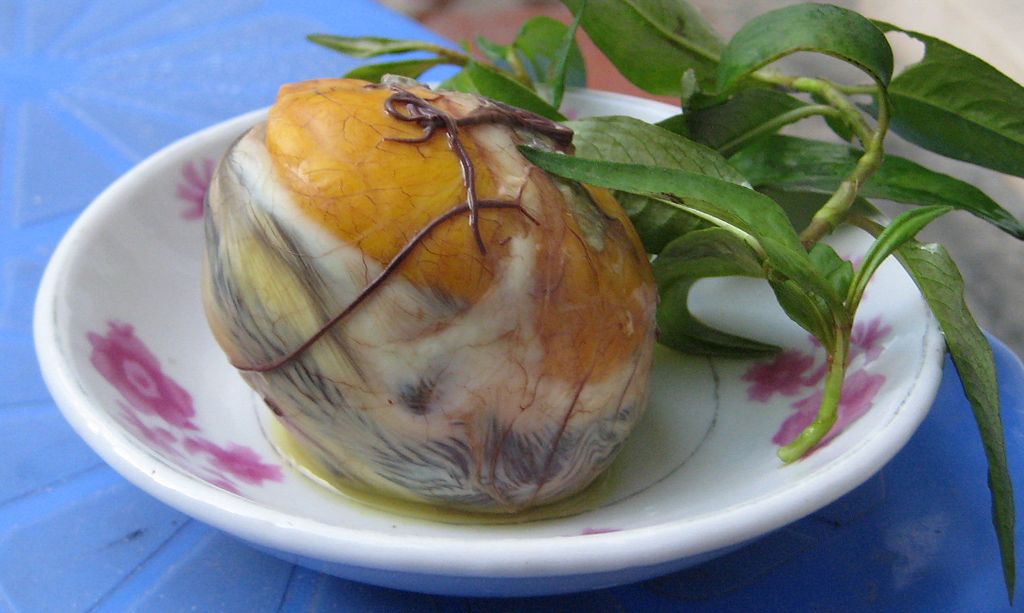 Aterux at Vietnamese Wikipedia on Wikimedia Commons
Aterux at Vietnamese Wikipedia on Wikimedia Commons
12. Tripe
Tripe, the stomach lining of various farm animals, has a chewy texture and a distinct, somewhat offal taste. It's often used in soups and stews but isn't universally loved.
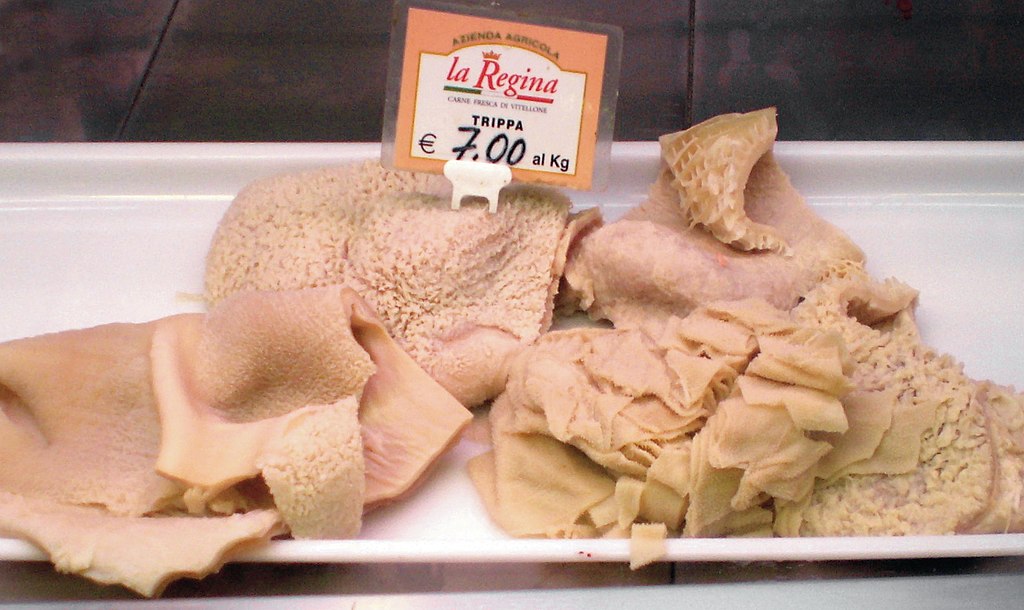 Lucarelli on Wikimedia Commons
Lucarelli on Wikimedia Commons
13. Fugu (Pufferfish)
Fugu is famous not for its taste but for the danger associated with eating it, as it can be lethal if not prepared correctly. Its risk factor contributes to its controversial status.
 Photo by Brian Yurasits on Unsplash
Photo by Brian Yurasits on Unsplash
14. Andouillette Sausage
A French specialty, this sausage is made from chitterlings (pig intestines) and is known for its very strong, somewhat offensive odor and distinct taste.
15. Surströmming
This Swedish dish of fermented Baltic sea herring is known for its overwhelming odor, which many describe as one of the most putrid food smells in the world.
 Photo by Paul Einerhand on Unsplash
Photo by Paul Einerhand on Unsplash
16. Beets
Earthy and sweet, beets are a polarizing root vegetable. Some love their natural sugariness and vibrant color, while others can't get past their dirt-like aftertaste and texture.
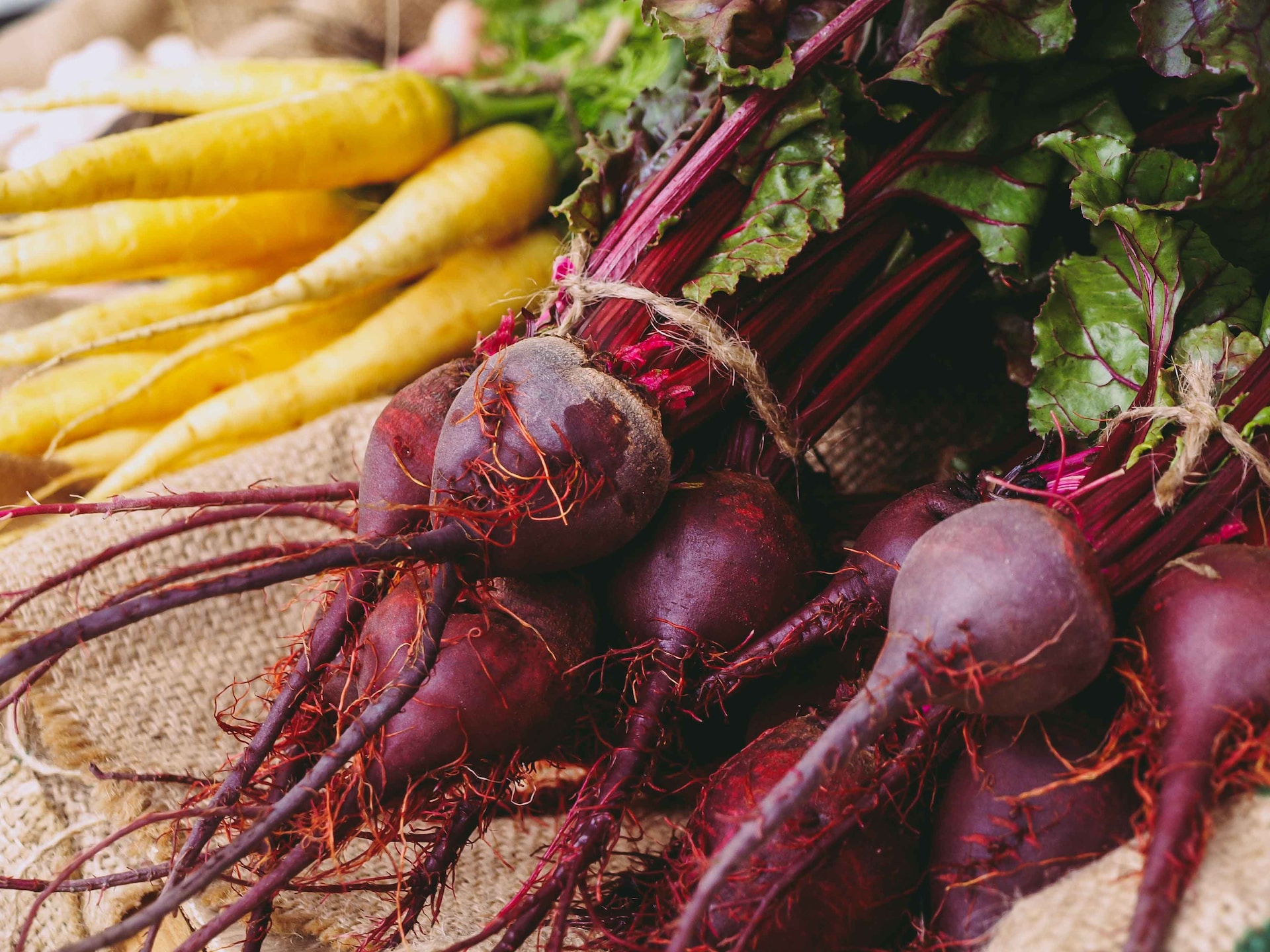 Photo by Melissa LeGette on Unsplash
Photo by Melissa LeGette on Unsplash
17. Olives
Olives, with their briny, salty flavor, can be a point of contention. Some adore them as a flavorful addition to salads and pizzas, while others find their taste overpoweringly bitter.
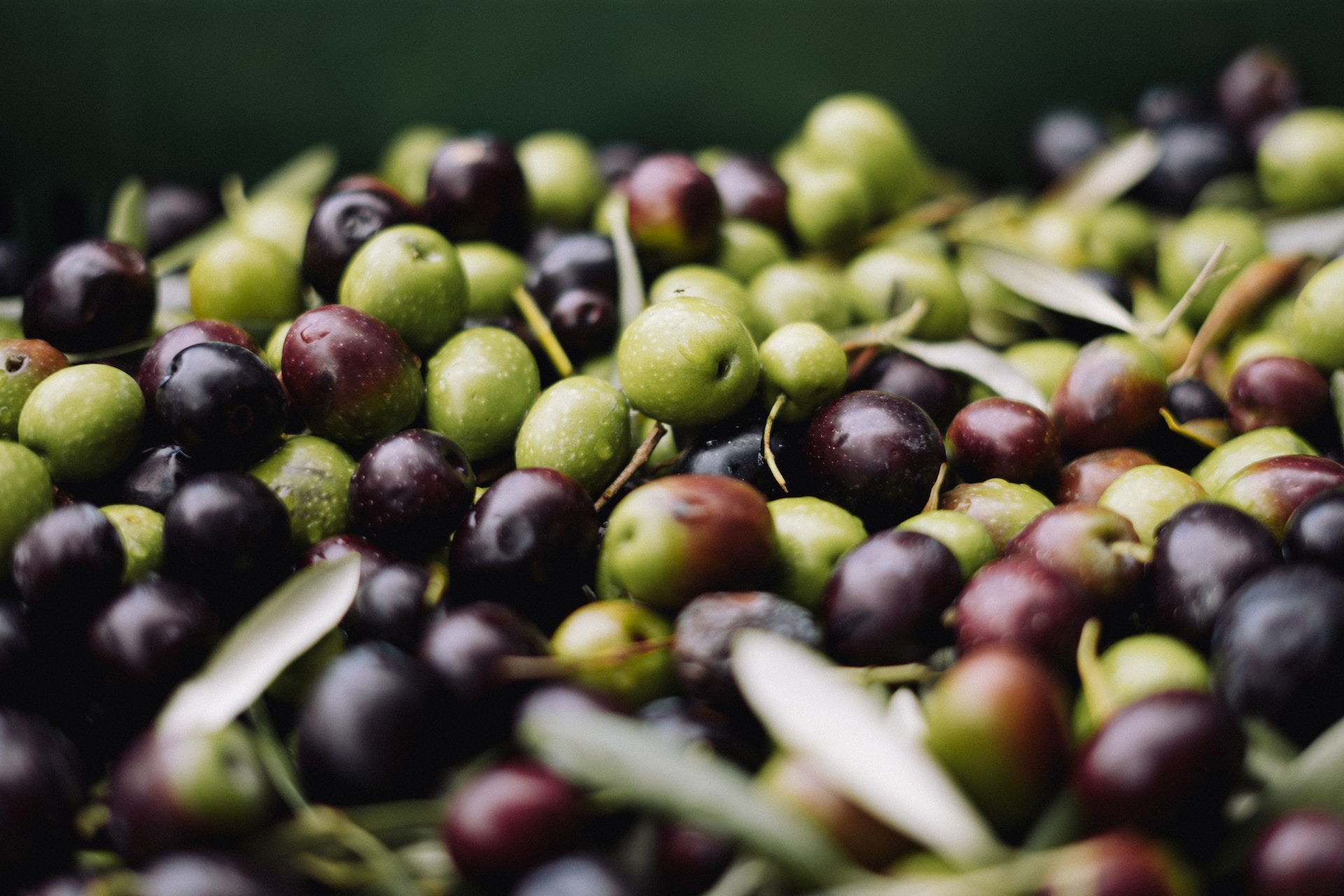 Photo by Melina Kiefer on Unsplash
Photo by Melina Kiefer on Unsplash
18. Anchovies
These tiny fish are known for their strong, fishy flavor and are often a divisive topping on pizzas. Some relish their salty punch, while others are put off by their pungent aroma.
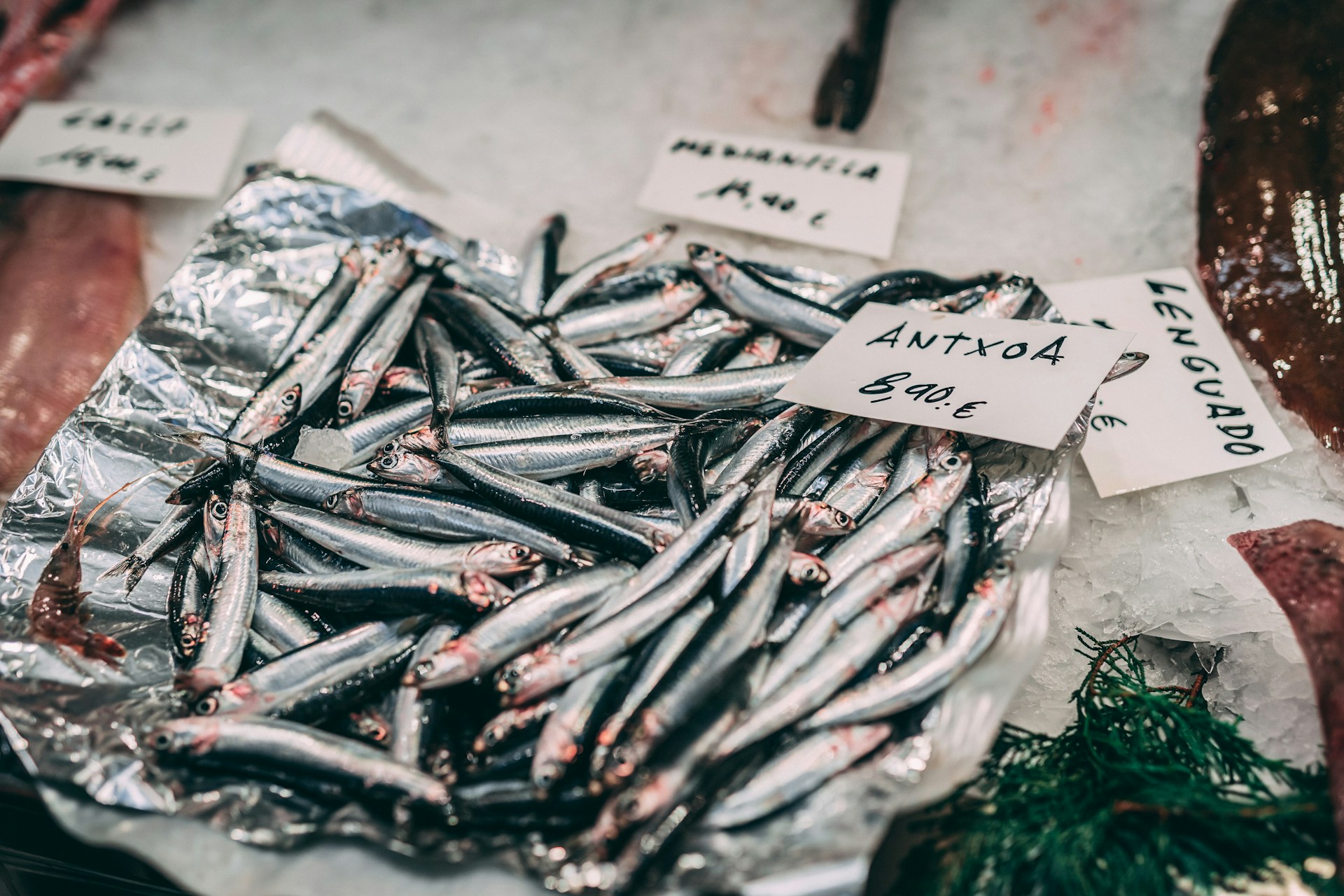 Photo by Iñigo De la Maza on Unsplash
Photo by Iñigo De la Maza on Unsplash
19. Liver
Liver, whether from chicken, beef, or pork, is notorious for its strong, iron-rich taste and dense texture. While it's a nutrient powerhouse, many find its flavor too intense.
 Photo by Ben Moreland on Unsplash
Photo by Ben Moreland on Unsplash
20. Bitter Melon
Bitter melon lives up to its name with a distinctly sharp and bitter taste that can be challenging for many. Often used in Asian cuisines, its intense flavor and rigid texture are an acquired taste, making it a less favored vegetable for some.
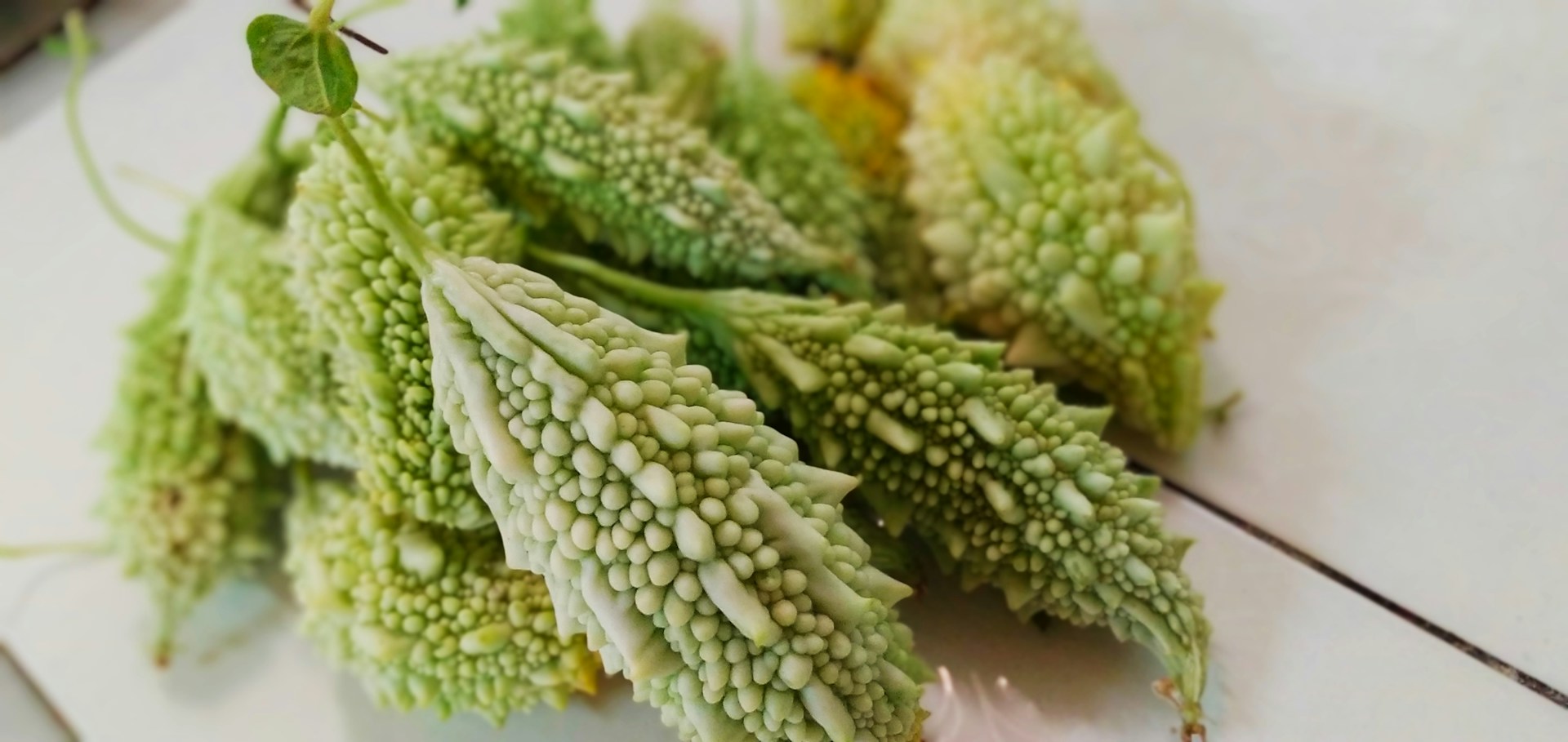 Photo by Misty Rose on Unsplash
Photo by Misty Rose on Unsplash
21. Pickles
The intense sourness of pickles, combined with their crunchy texture, can be a hit or miss. They're often removed from burgers and sandwiches by those who dislike their tangy bite.
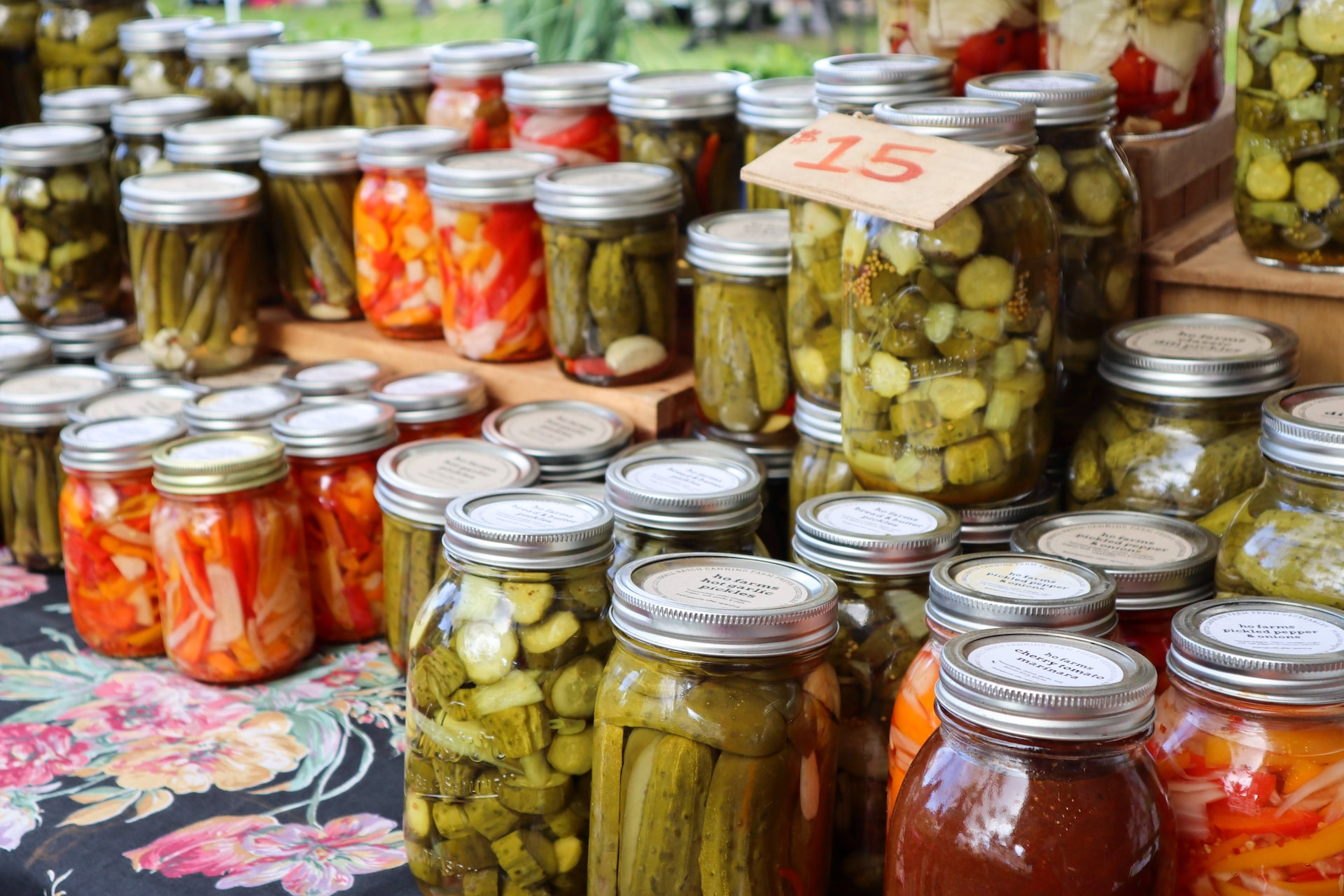 Photo by little plant on Unsplash
Photo by little plant on Unsplash
22. Okra
Okra's slimy texture when cooked is a deal-breaker for many. While it's a staple in dishes like gumbo, others can't get past its gooeyness.
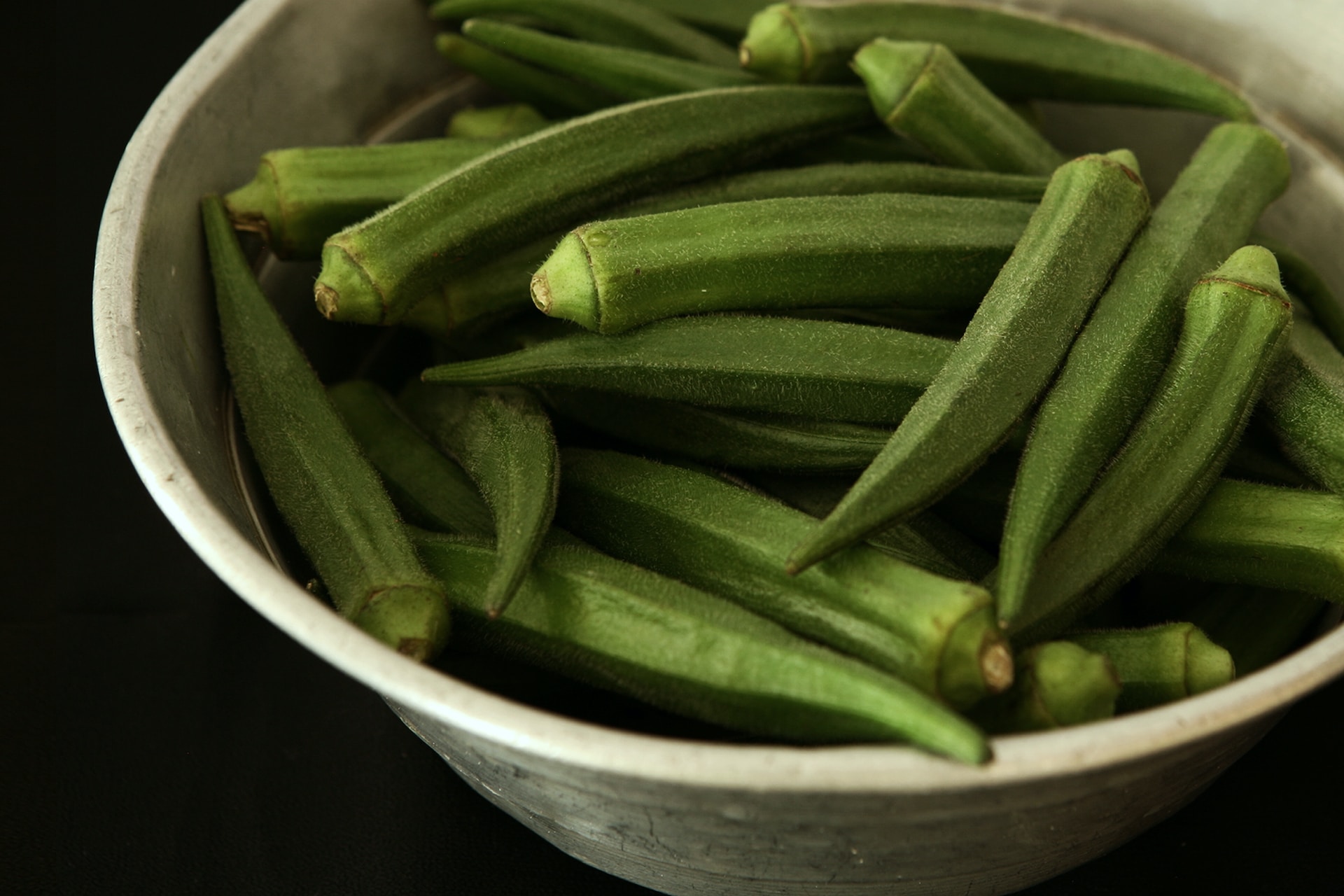 Photo by Neha Deshmukh on Unsplash
Photo by Neha Deshmukh on Unsplash
23. Raw Onions
The sharp, pungent flavor of raw onions can overpower a dish for some, leading to watery eyes and strong opinions about their use in cooking.
24. Kale
This leafy green has a bitter and earthy taste, which, despite its superfood status, has made it less than beloved by many who find it too harsh when raw or overly chewy when cooked.
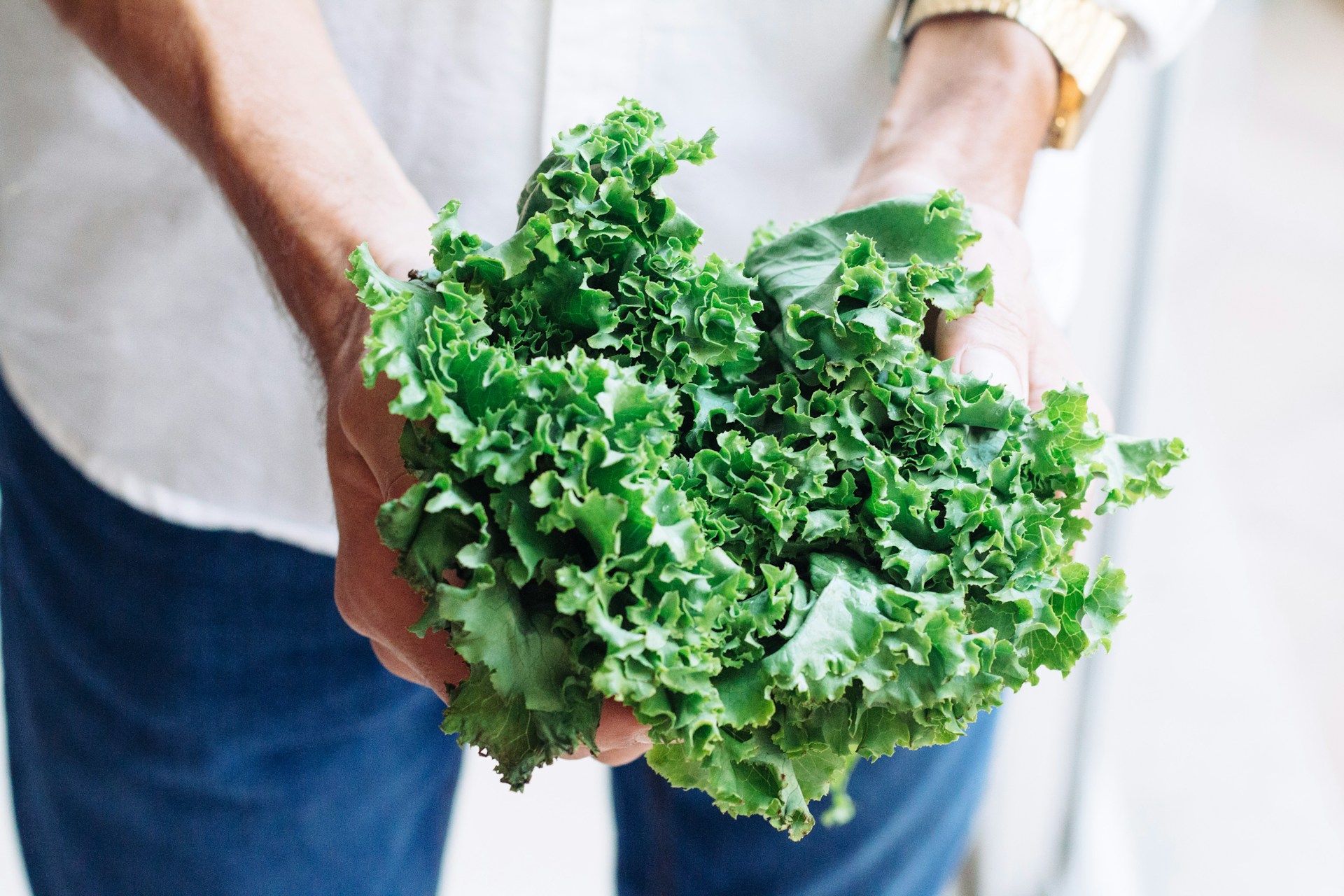 Photo by Adolfo Félix on Unsplash
Photo by Adolfo Félix on Unsplash
25. Uni (Sea Urchin)
Uni is known for its creamy texture and distinct oceanic flavor. It's a delicacy in sushi, but its strong taste and mushy texture are not for everyone.
26. Oysters
Raw oysters, with their slippery texture and briny flavor, are often a subject of culinary controversy. They are celebrated by some as a delicacy, while others can't get past their slimy feel.
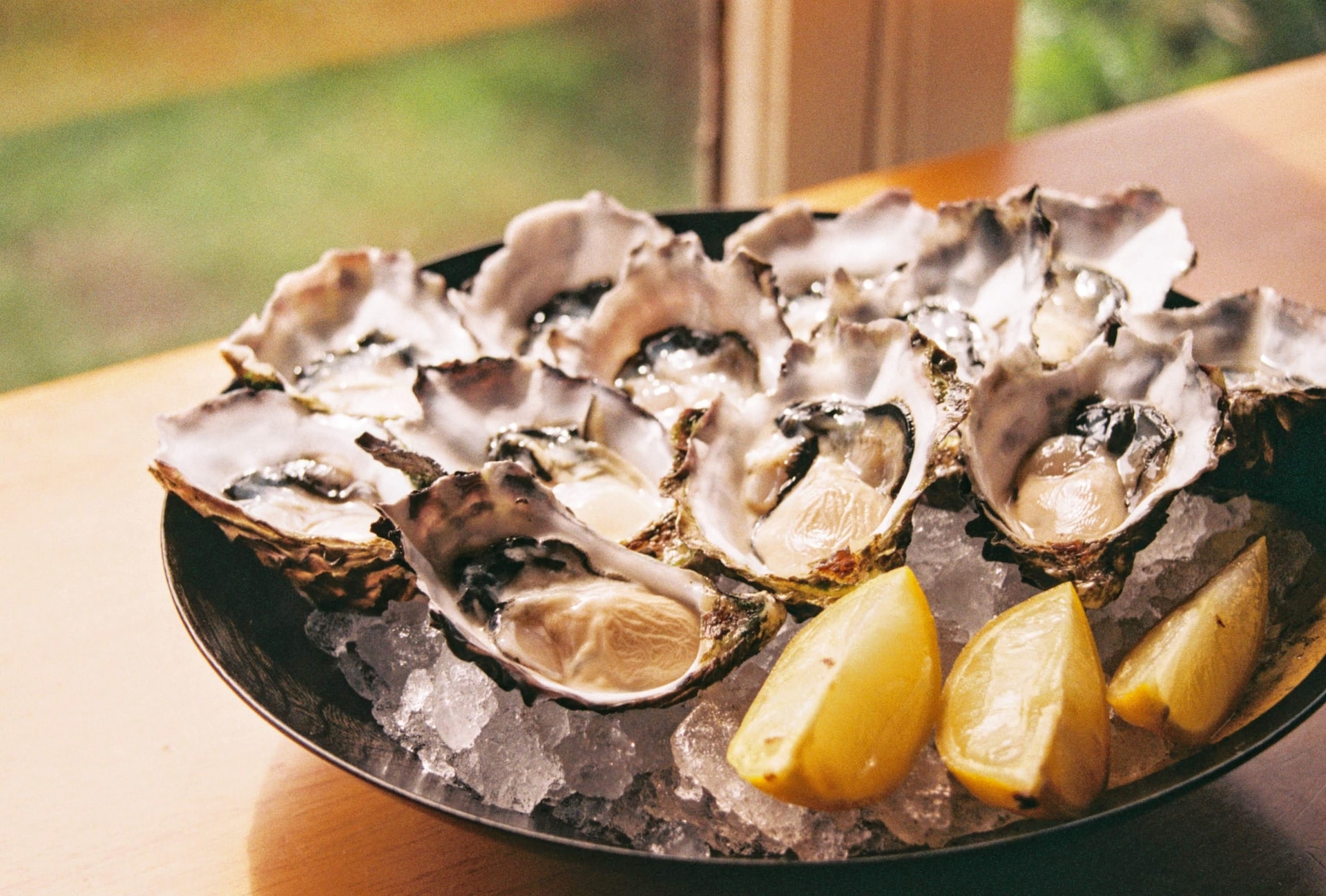 Photo by Yukiko Kanada on Unsplash
Photo by Yukiko Kanada on Unsplash
27. Cottage Cheese
The lumpy texture and bland taste of cottage cheese make it a less favored dairy product. Its appearance and consistency are often cited as reasons for aversion.
 Photo by Lena Kudryavtseva on Unsplash
Photo by Lena Kudryavtseva on Unsplash
28. Kimchi
A staple in Korean cuisine, kimchi's strong, sour, and spicy flavor, along with its fermented nature, can be off-putting to those not used to such bold flavors.
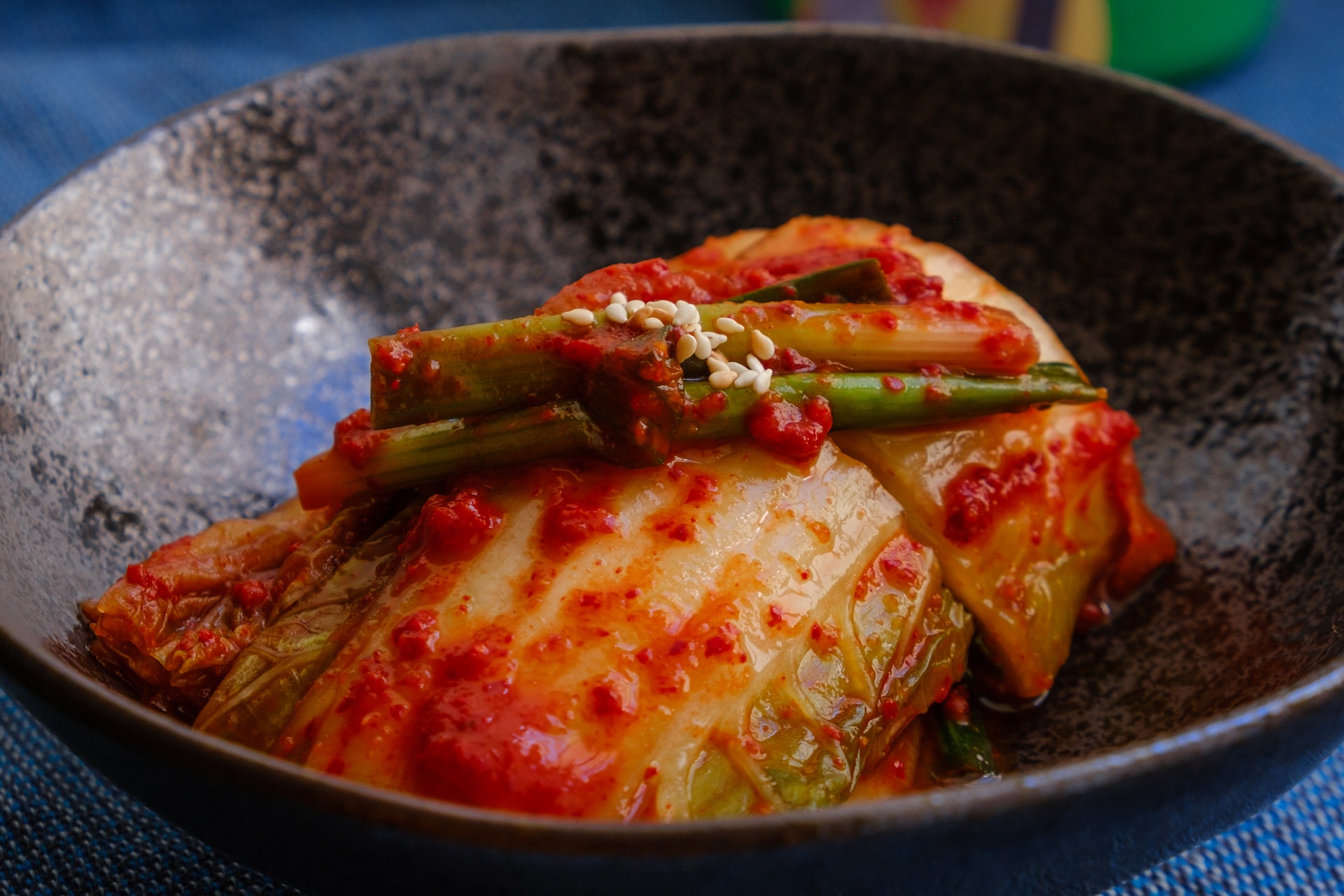 Photo by Portuguese Gravity on Unsplash
Photo by Portuguese Gravity on Unsplash
29. Papaya
Papaya has a unique sweetness that some find delightful, but others can't overlook its musky undertone, often described as similar to feet or rotten.
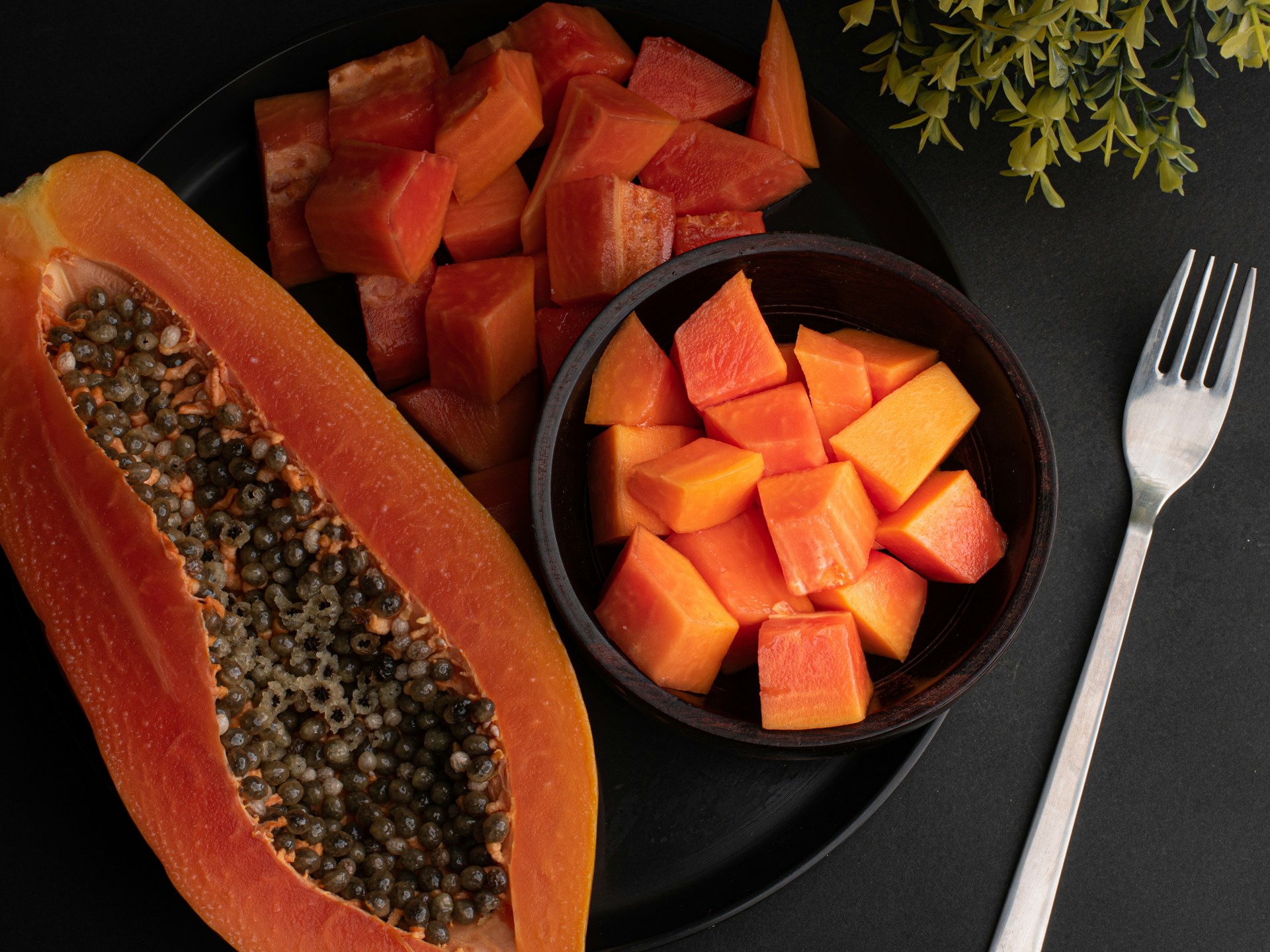 Photo by Pranjall Kumar on Unsplash
Photo by Pranjall Kumar on Unsplash
30. Goat Cheese
Goat cheese's tangy and sometimes barnyard-like flavor profile can be polarizing. While some appreciate its creamy texture and sharp taste, others are turned off by its strong flavor.
 Photo by Alice Donovan Rouse on Unsplash
Photo by Alice Donovan Rouse on Unsplash
31. Eggplant
Eggplant, or aubergine, often divides opinion due to its unique texture and flavor. Some find its spongy texture and mild taste unappealing, while others praise it for its versatility in dishes like ratatouille.
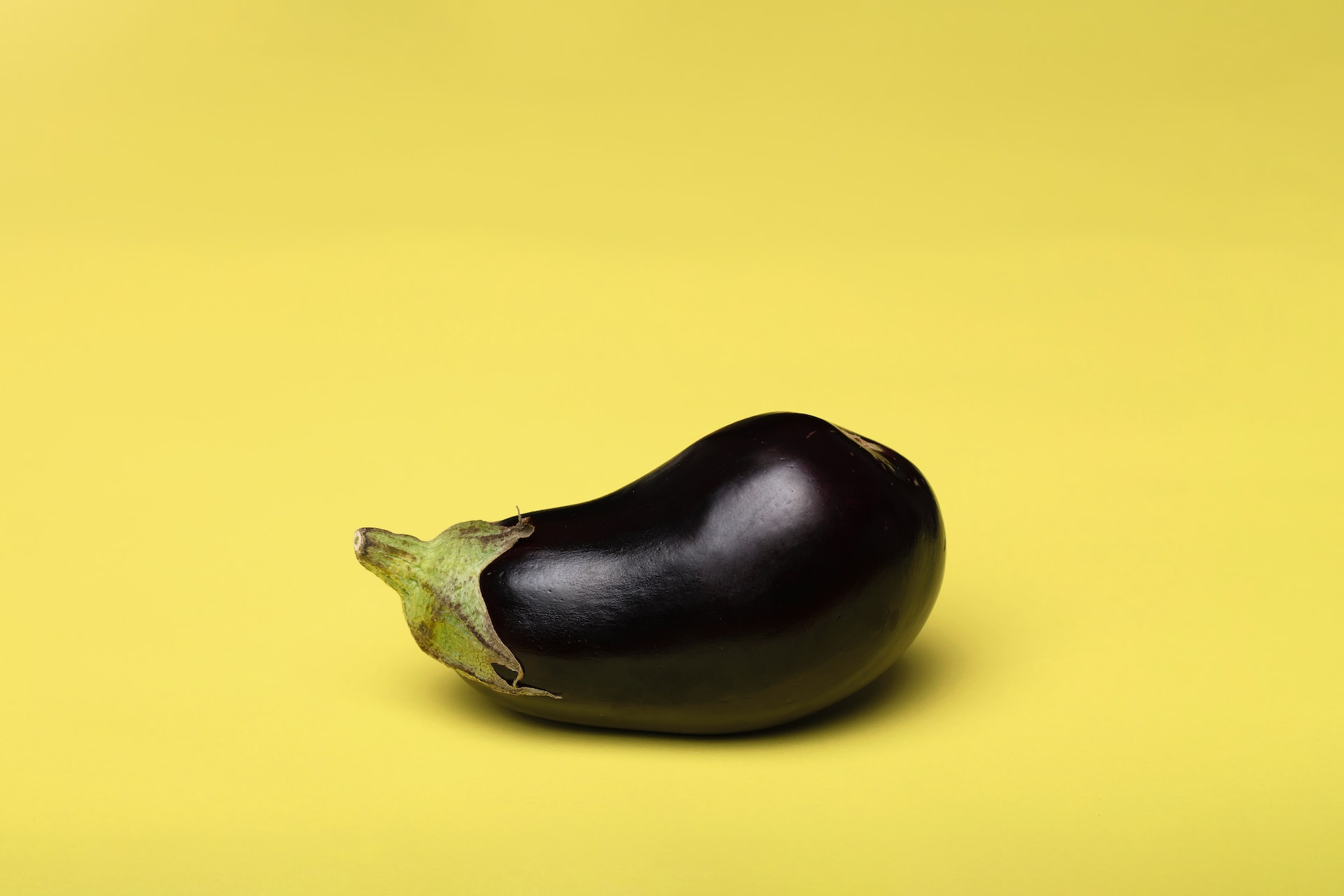 Photo by Deon Black on Unsplash
Photo by Deon Black on Unsplash
32. Chitterlings (Pig Intestines)
Chitterlings, or pig intestines, are traditional in various cuisines but can be off-putting due to their strong odor and unique texture. They require meticulous cleaning and preparation, which also contributes to their divisive nature.
 Photo by Amber Kipp on Unsplash
Photo by Amber Kipp on Unsplash
33. Artichokes
Artichokes are known for their earthy, slightly bitter taste and the effort required to eat them. While some enjoy the process of peeling off the leaves to reach the heart, others find it tedious and unrewarding.
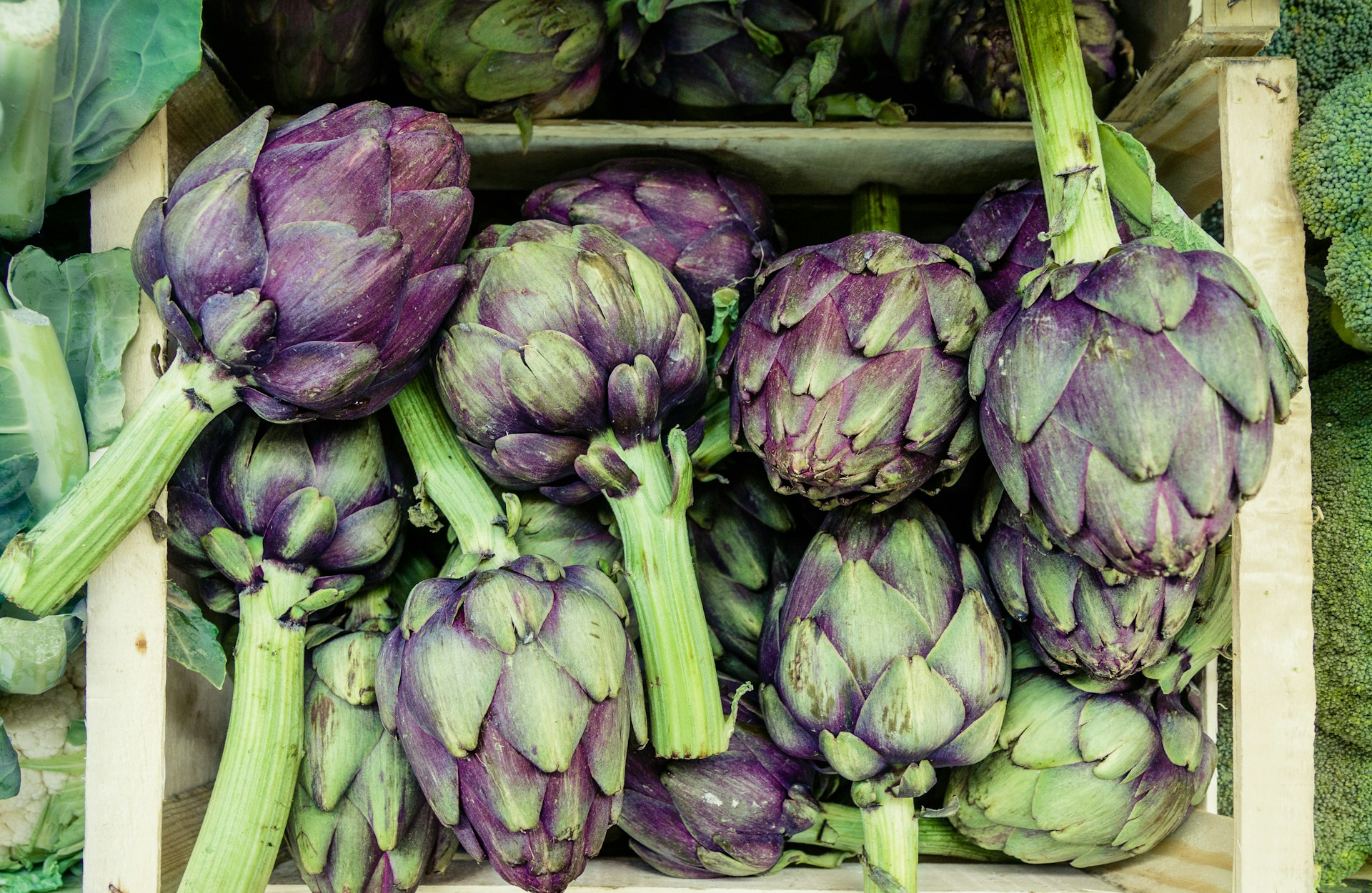 Photo by Martin Adams on Unsplash
Photo by Martin Adams on Unsplash
34. Mushrooms
Mushrooms, with their earthy flavor and distinctively spongy texture, are a love-it-or-hate-it food. Some adore them for their umami qualities, while others can't get past their fungus nature.
 Photo by Presetbase Lightroom Presets on
Photo by Presetbase Lightroom Presets on
35. Turnips
Turnips can be quite bitter, especially when raw or overcooked. This root vegetable's sharp taste and sometimes woody texture make it less popular among certain palates.
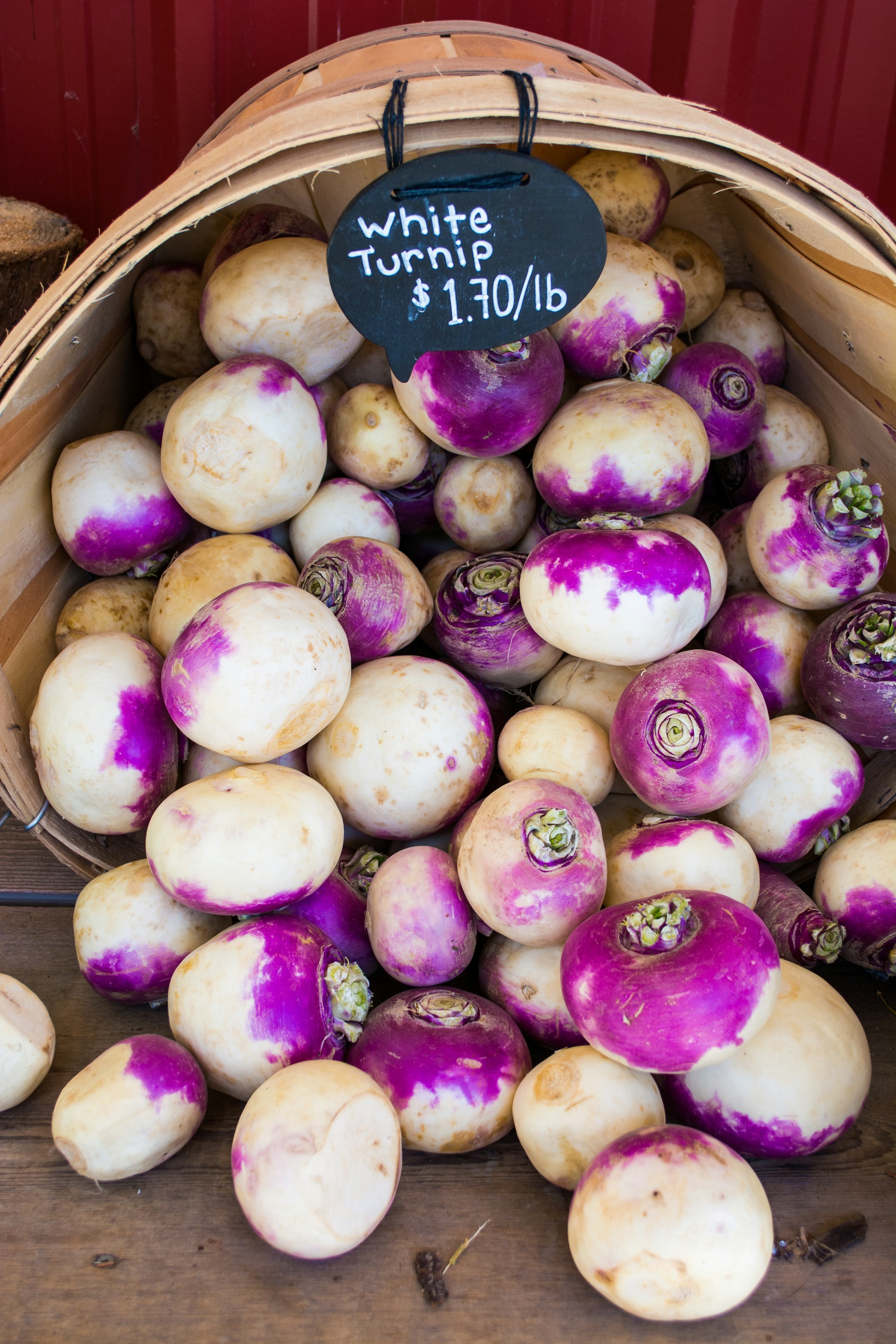 Photo by Vanessa Bucceri on Unsplash
Photo by Vanessa Bucceri on Unsplash
36. Fennel
Fennel, with its licorice-like flavor, is not universally loved. Its strong taste can dominate a dish, turning away those who aren't fans of aniseed flavors.
 Photo by Anurag Arora on Unsplash
Photo by Anurag Arora on Unsplash
37. Rhubarb
Rhubarb is often disliked for its tartness and stringy texture. While it can be sweetened and used in desserts like pies, its natural sourness is a turn-off for many.
 Photo by Maximilian Zahn on Unsplash
Photo by Maximilian Zahn on Unsplash
38. Gefilte Fish
A traditional Jewish dish, gefilte fish is poached fish balls made from a mixture of ground fish. Its unique texture and mild flavor, often accompanied by a jelly-like broth, can be polarizing.
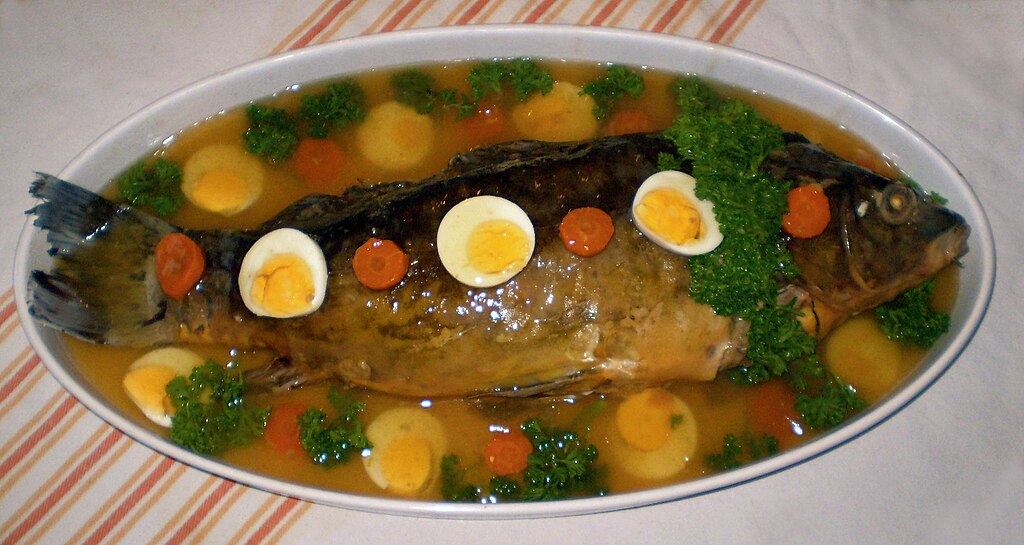 Olaf.herfurth on Wikimedia Commons
Olaf.herfurth on Wikimedia Commons
39. Green Bell Peppers
Green bell peppers are often a divisive vegetable due to their distinct, slightly bitter taste and crunchy texture. While some enjoy their freshness in salads and stir-fries, others find the bitterness off-putting and prefer the sweeter red or yellow varieties.
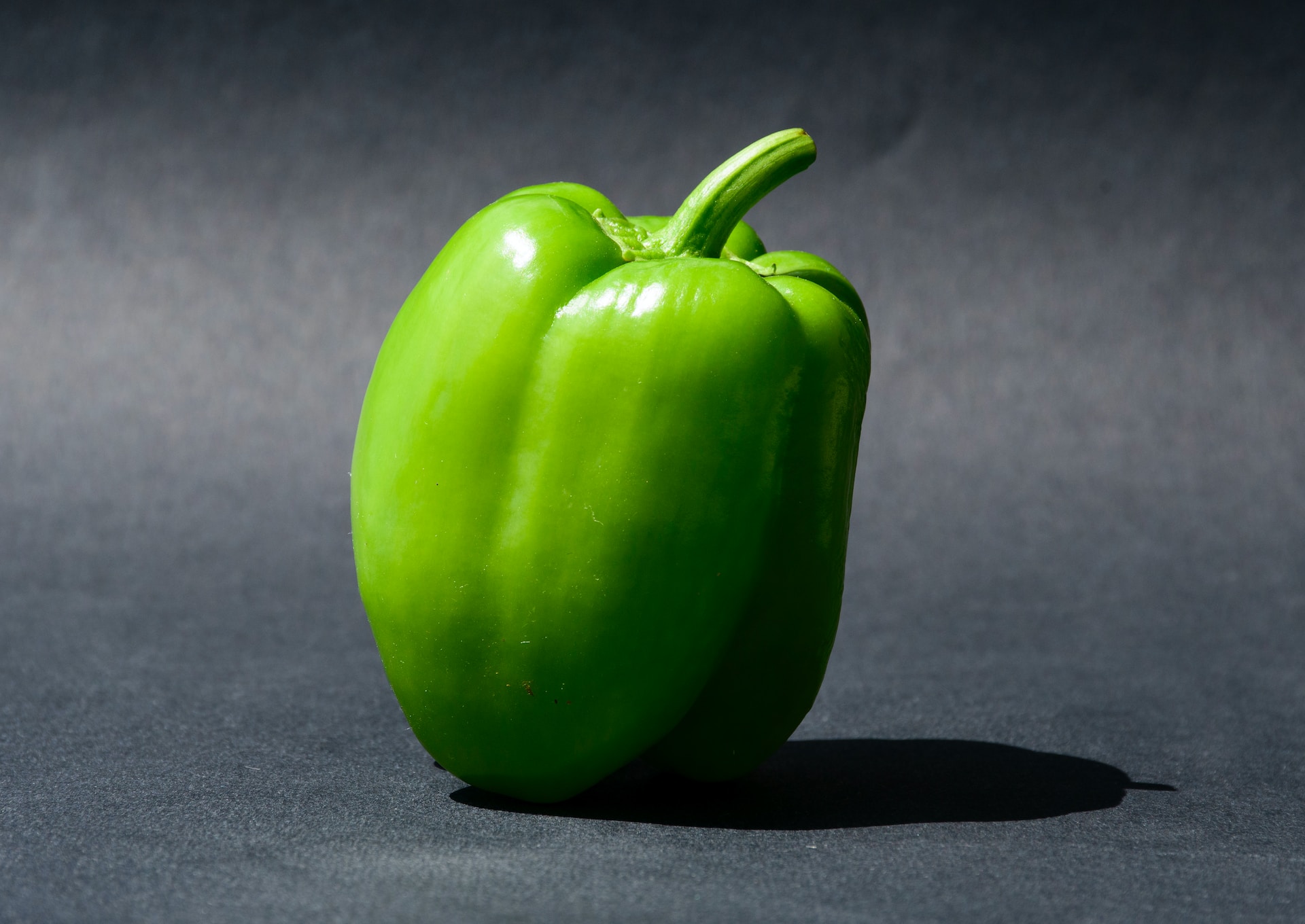 Photo by Çağlar Oskay on Unsplash
Photo by Çağlar Oskay on Unsplash
40. Capers
Capers are known for their strong, salty, and slightly floral flavor. Often used as a seasoning or garnish, their pungent taste can overpower a dish for those not accustomed to their intensity.
KEEP ON READING

The Most Popular Signature Dishes Around the World



